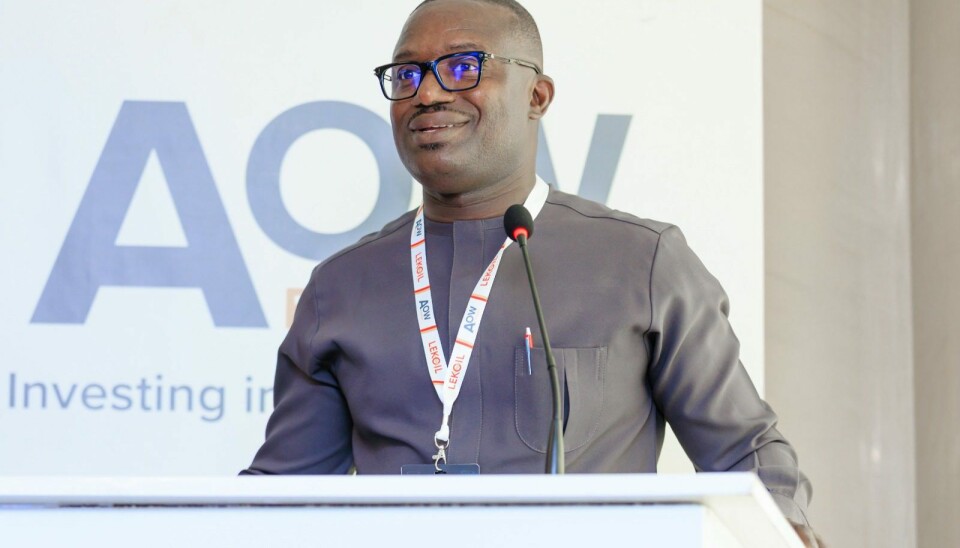Copyright : Re-publication of this article is authorised only in the following circumstances; the writer and Africa Legal are both recognised as the author and the website address www.africa-legal.com and original article link are back linked. Re-publication without both must be preauthorised by contacting editor@africa-legal.com
Energy transition must not sideline development or deepen poverty, say African leaders at AOW

The 31st edition of Africa Oil Week is currently being held in Accra, Ghana. This week, political and business leaders have called for deeper regional energy integration, and for Africa’s vast natural resources to be harnessed responsibly to power growth, reduce poverty, and ensure prosperity for its people.
While Africa possesses over 125 billion barrels of oil and 620 trillion cubic feet of natural gas, more than 600 million people across the continent still live without electricity, and that is a stark reality that cannot be ignored as the continent joins the global energy transition, said John Abdulai Jinapor, Ghana’s Minister for Energy and Green Transition, at Africa Oil Week being held across 15-18 September in Accra.
Highlighting Ghana’s renewable energy ambitions, the Minister praised President John Dramani Mahama’s decision to expand his Ministry’s mandate to include Green Transition, describing it as a bold step toward sustainable development, and reiterated that the West African nation is on course to achieve at least 35 per cent renewable energy in its overall electricity mix by the end of 2025.
“Diversifying our energy sources is essential — not just to reduce overreliance on fossil fuels but to ensure energy security and protect our environment,” said Jinapor, while noting that the 600 million people still living without electricity in Africa must not be left behind. “Our duty, first and foremost, is to them. We cannot accept a transition that sidelines development or deepens poverty.”
Speaking this week at the 31st edition of Africa Oil Week, which is being hosted for the first time in Ghana, after traditionally being held primarily in Cape Town over the decades, the Minister emphasised that Africa’s vast natural resources must be harnessed responsibly to power growth, reduce poverty, and ensure prosperity.
Ghana has already secured upstream petroleum investments including a US$2 billion framework agreement with Jubilee and TEN partners to drill 20 new wells, and a US$1.5 billion memorandum of intent to be signed with OCT partners during the conference, shared the Minister, while also noting that other global energy giants are in talks to enter Ghana’s petroleum sector. Such investments “are more than figures on a page”, he said. They signal confidence in Ghana’s energy sector, and “represent jobs, infrastructure, and a vote of confidence in Ghana’s economy”.
Elsewhere during Africa Oil Week, Senator Heineken Lokpobiri, Nigeria’s Minister of State for Petroleum Resources, called for deeper regional integration as the most effective strategy to overcome Africa’s energy poverty. He noted that technical expertise coupled with shared infrastructure and harmonised standards will enable the continent to secure its energy future, and reaffirmed Nigeria’s leadership role.
The Senator announced the creation of a West African Reference Market (WARM), an initiative to leverage Nigeria’s growing refining capacity to supply petroleum products across West Africa and beyond. He emphasised that access to capital is not the biggest challenge, but the lack of alignment across African economies and regulatory frameworks. “Investors make long-term decisions based on stability and predictability. Africa must harmonise its policies to attract and retain investment.”
The Nigerian Minister urged African nations to unite around a shared purpose, noting Africa had the market, population, and resources - and what it needed now was to keep value within Africa and for the continent to finance its own energy future.
